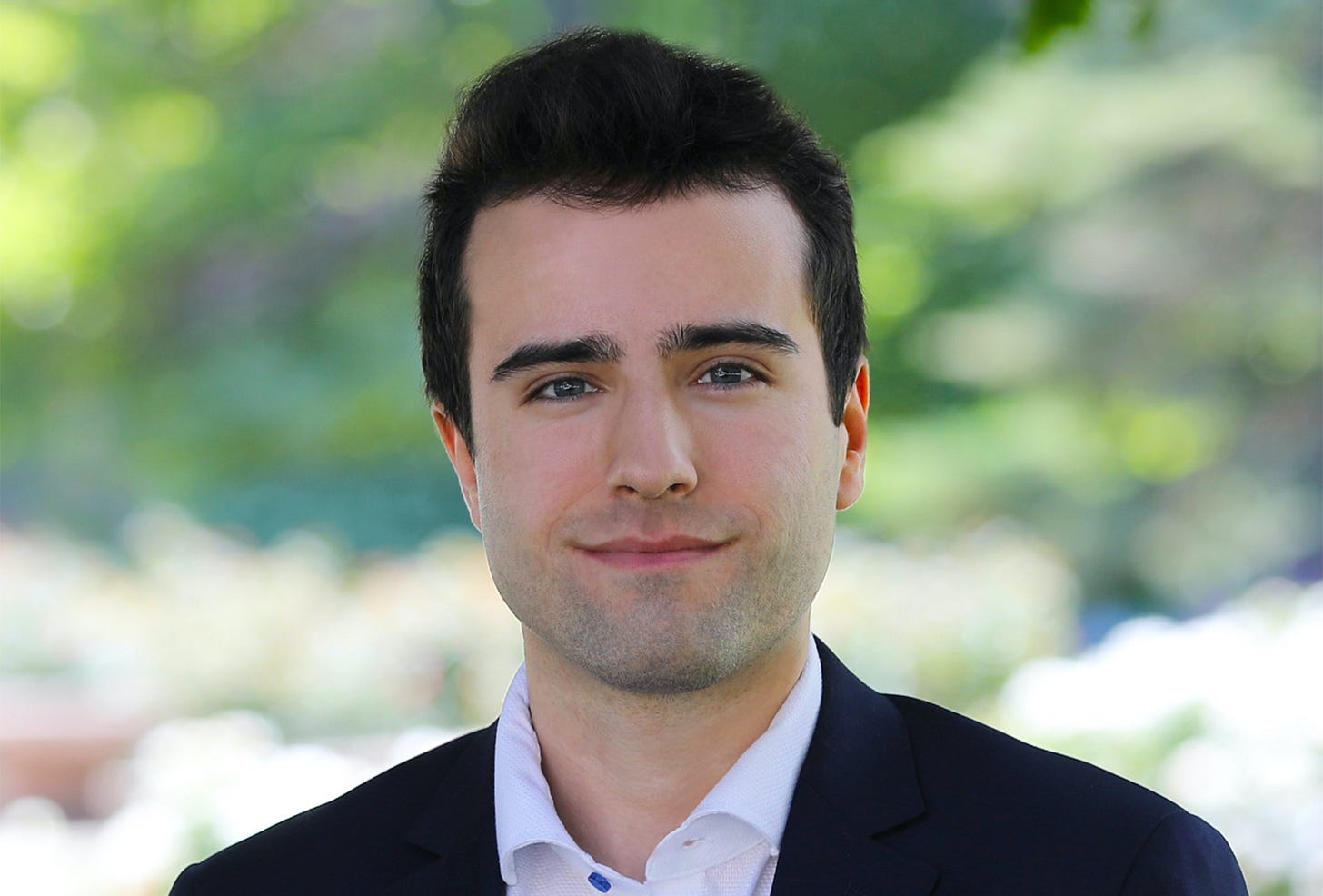Decision rule
Defending our freedoms against progressive and populist assault
Freedom Conservatives recognize that a free society is impossible to sustain without a thick slice of private institutions serving as intermediaries between the individual and the state.
We are “happiest in loving families,” the FreeCon statement observes, “and within stable and prosperous communities in which parents are free to engage in meaningful work, and to raise and educate their children according to their values.”
What distinguishes Freedom Conservatives from National Conservatives and other factions of the populist Right, however, is our insistence that individual liberty is essential to America’s moral and physical strength.
As the FreeCon statement observes, one fundamental right is “to be free from the restrictions of arbitrary force: a right that, in turn, derives from the inseparability of free will from what it means to be human. Liberty is indivisible, and political freedom cannot long exist without economic freedom.”
In that spirit, we spotlight today FreeCons who are defending the liberty of Americans to make decisions for themselves and their families — and to resist encroachments by big-government politicians.
Open road
Carol Platt Liebau is president of the Connecticut-based Yankee Institute for Public Policy. She is a former Capitol Hill staffer and the author of Prude: How the Sex-Obsessed Culture Damages Girls (and America, Too!).
In a recent op-ed for the Stamford Advocate, Liebau blasted a proposed regulation requiring that all new cars sold in her state after 2034 must be fueled primarily by electricity or hydrogen.
She noted that such rules impose disproportionate costs on lower-income households and make our transportation networks dangerous dependent on rare earths imported from China.
“Americans deserve the freedom, independence and quality of life derived from reliance on cheap, plentiful, domestically produced fuel,” wrote Liebau, a FreeCon signatory. “They deserve the right to decide for themselves what kind of cars they will buy.”
“At the very least, before such choices are taken from them — especially without a vote by their elected representatives — they are entitled to have their government prove that the deprivation makes moral, scientific and economic sense.”
No choice
A state policy associate at EdChoice, Ed Tarnowski writes for such publications as the Washington Examiner, EducationNext, and National Review. He’s also a FreeCon signatory.
In a recent NRO piece, Tarnowski lamented the decision of the Illinois legislature and Gov. J. B. Pritzker to nix the state’s tax-credit scholarship program. It was a decision that robbed thousands of low-income families of access to high-quality schools.
“One of America’s greatest founding promises is that of equal opportunity,” he wrote, “and today, our education system is making the climb to prosperity too difficult for far too many Americans.”
Educational performance in places like Chicago, Baltimore, and Providence is abysmal. The percentage of students proficient in reading and math is typically stuck in the teens.
Giving parents more choices would not only help their children directly but also put competitive pressure on school districts to do a better job. Even as Illinois was snuffing out its choice program, 10 states are in the process of implementing universal school-choice programs enacted in the past three years.
“If America is to live up to its founding ideals, it must embrace education freedom so that all Americans from all walks of life have a chance at the American Dream.” Tarnowski concluded.
“As it has throughout history, today, it is making great strides toward achieving that. And the fight must go on until every family has access to the quality education they deserve.”
Provide more options
Health care is another sector where FreeCons seek more freedom for families to choose the providers and arrangements that best serve their needs.
Joel White, president of the Council for Affordable Health Coverage, has made this his life’s work. During his twelve years on Capitol Hill as professional staff, he helped write the laws that created health care tax credits and Health Savings Accounts (HSAs).
In a recent RealClearPolicy article, White compared the high deductibles of plans on the Affordable Care Act exchanges to those associated with HSAs.
“No matter your income, high deductibles are coming for all Americans,” wrote White, a FreeCon signatory. “The question is, will Congress help all HSA account owners with smart policies that allow people to use tax-free dollars to pay for their health coverage obligations?”
White outlined several paths for doing just that, such as changing the minimum-deductible rules and creating new “gig HSAs” that permit multiple employers to deposit funds into an account owned by a contract worker.
“This helps the millions of gig workers who may go without coverage because they are ineligible for a full-time employee plan,” he argued.
Finally, Congress could provide HSA options for people who qualify for Medicaid, Indian Health Service, or Veterans Affairs benefits. Lawmakers should build on “the ‘choice’ model which has worked to provide coverage for 90% of Americans in Medicare and employer coverage.”



